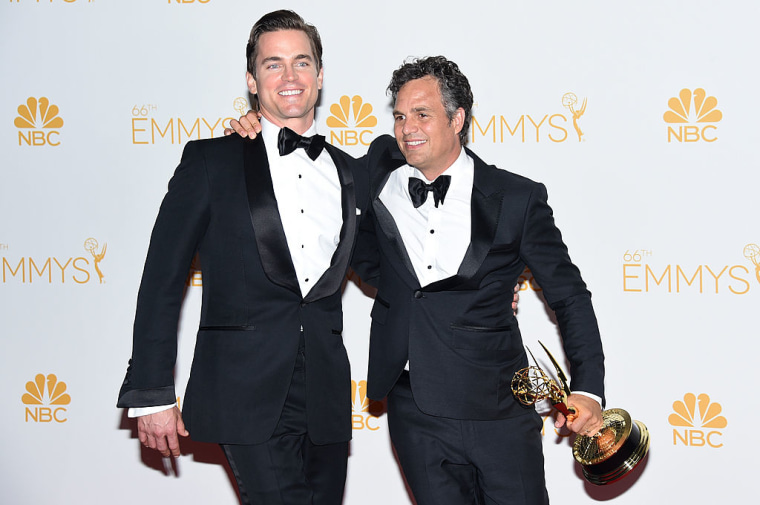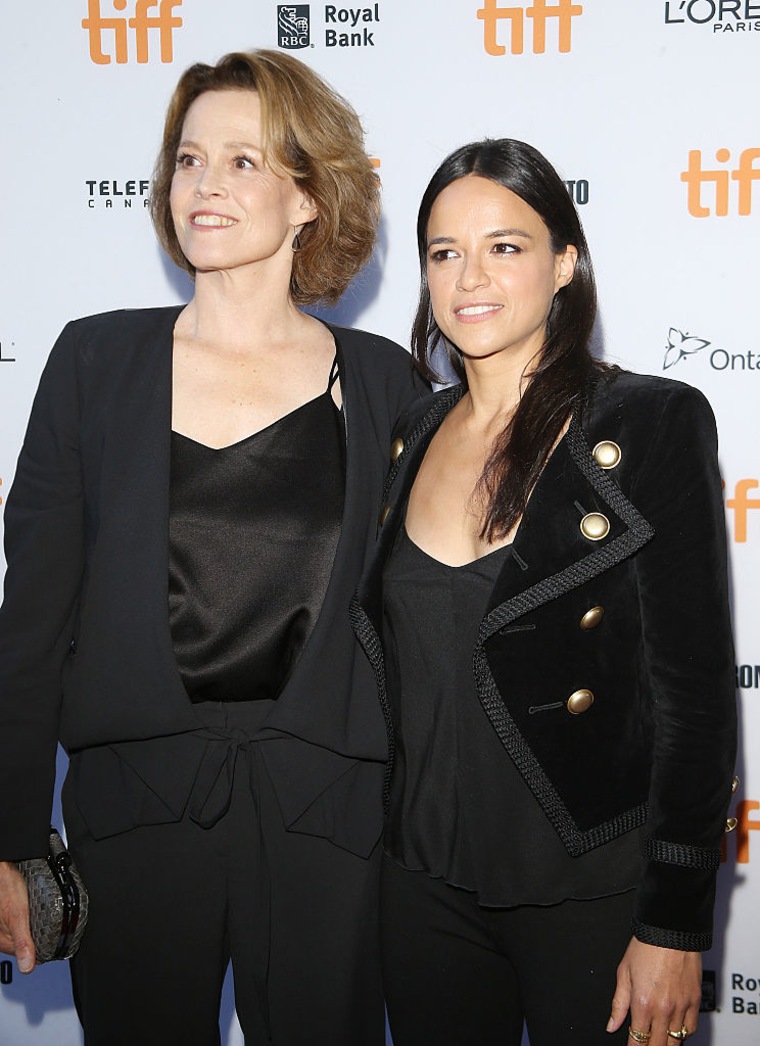Recently, news of two upcoming films featuring trans women have been generating some buzz, and for all the wrong reasons. Yet again, Hollywood producers have opted to cast cisgender actors in these roles, and their choices reveal a profound misunderstanding of our trans brothers and sisters.
There are all sorts of excuses why those in the film industry and film audiences think it’s okay to continue this trend. Movies need big names if they’re going to attract an audience, they’ll say. And why should anyone deny a brilliant actor the chance to play a role just because they’re cisgender?
There are lots of reasons, actually. First of all, there’s the economic impact. There are many, many talented trans actors who are being denied employment every time a “name” Hollywood actor is cast as a trans woman. But if that argument doesn’t move you, because you believe it’s all about the art, I happen agree with you. And so does trans actor Jen Richards:
When cisgender actors play trans women, they have to work hard; there’s a lot of technical skill involved. They’ll think about physicality, how they’ll cross their legs (or not) when they sit, how they’ll gesture differently. They’ll think about vocalization; how to pitch the voice up (or down), hopefully with the goal of sounding authentic without being an offensive caricature. They might need to learn how to walk in heels as well, and they’ll be doing all of this before they ever get around to just acting the story. Trans women, on the other hand, can begin their work with all of the classic questions that well-written parts require: What do I want? What is standing in my way? How will I navigate this conflict? Etc., etc. For them, transgender isn’t part of their costume, it just is.
And yes, there are way more cisgender actors out there with easily recognizable names and faces that can “open” a movie, but that argument simply begs the question: How did they get so famous, anyway? Did anyone know who Laverne Cox was before "Orange is the New Black" (I’m sure some did; I certainly didn’t)? Did anyone know who Jamie Clayton was before "Sense8"? Trans women, like anyone else in that industry, become name actors by breaking through when someone takes a chance on them.

The first of the upcoming films under discussion is "Anything," produced by Mark Ruffalo and based on a 2007 play by Timothy McNeil (who is also the film’s director). In it, Matt Bomer ("American Horror Story") plays Freda Von Rhenberg, a transgender sex worker. Considering how much I honestly enjoyed "Tangerine," a 2015 drama about two trans women who worked as prostitutes, I can’t be too upset at the trans-woman-as-sex-worker stereotype, so long as it’s handled with intelligence and humanity. But there is something especially insidious about casting a male celebrity in the role of a transgender prostitute. One could argue about whether or not such a project is in bad taste, but what is beyond dispute is that this characterization is dangerous for trans women. As intelligent and humane as this film might be (I read some positive reviews of the play), this casting decision simultaneously tells its audience that trans women are sexual above all other multitudes they might contain, AND -- that they’re really just men in female costume.
It’s a combination that makes the lived experience of actual trans women far more dangerous than it needs to be. When trans women are the number one target of hate crimes in this country, usually at the hands of self-identified straight men, a picture quickly emerges of self-hatred projected outwardly at the most available target. Projects like "Anything" don’t help that dynamic one bit.

The other film causing controversy is "(re)Assignment," a film directed by Walter Hill and starring Michelle Rodriguez as a (male) assassin named Frank Kitchen who undergoes sex reassignment surgery against his will, and emerges sans penis, plus boobs, and hell-bent on revenge. I have not seen this film. I likely will not see this film. All the same, I have no trouble asserting that this is a movie that should not have been made, full stop. Sigourney Weaver plays the doctor who performs the surgery. Earlier this year, she won the Ally for Equality Award from the Human Rights Campaign, and after accepting this role, she owes the LGBT community an explanation.
For starters, depicting a surgery that has literally saved lives and has been incredibly healing for trans women around the world as a cruel punishment is the definition of transphobic. To depict a surgery that many trans women want but can’t afford being performed on someone against his will is mildly infuriating. But ultimately, this is a film that will further the treacherous association that film audiences have with transfemininity and violence, from "Psycho" to "Dressed to Kill" to "Silence of the Lambs." This stereotype, which has next to zero basis in truth, undoubtedly contributes to the kind of unhinged fear that leads to legislation such as North Carolina’s recent HB-2 (commonly known as the “bathroom bill”), which passed based on the ridiculous notion that trans women in the ladies’ restroom poses a danger to citizens’ young daughters.
That both of these casting decisions are lacking in couth doesn’t really upset me. What does upset me, and should upset anyone who believes that our transgender neighbors deserve to live safely and with dignity, is that these choices are actually dangerous. Whenever Hollywood makes decisions about how to portray a community that already lives in perpetual danger, those decisions have consequences, and in both these cases, the system has failed the test, miserably.
And, as the cherry on top of this insanely horrific sundae, these choices are also incredibly galling. Let’s just say, for the sake of argument, that there are no trans women who could have played these roles. It’s a ludicrous premise, but play along. If the producers and directors of these films had to cast cisgender actors to play these parts, what’s especially infuriating is that they picked the wrong gender for both of them.
Freda Von Rhenberg, the transgender sex worker in "Anything," is a woman. Mark Ruffalo and Timothy McNeil cast Matt Bomer, a man, to play this role. Frank Kitchen, the assassin in "(re)Assignment," who neither desired nor requested his sex reassignment surgery, is a man. Walter Hill cast Michelle Rodriguez, a woman, to play this role. In both cases, the essential nature of the characters has been obscured by the lie that gender is an anatomical feature and nothing else. If Hollywood were trying to prove to the world that they just don’t get it, they couldn’t have done a better job than with these two films.
Perhaps one day, trans women in America and around the world won’t live in such a dangerous circumstance, and will be able to simply brush off these kinds of offensive depictions. Now is not that time.
Eric Peterson has been a consultant and educator in the fields of diversity and inclusion for more than 17 years. He lives in Washington, D.C.

